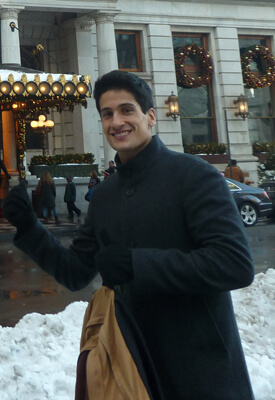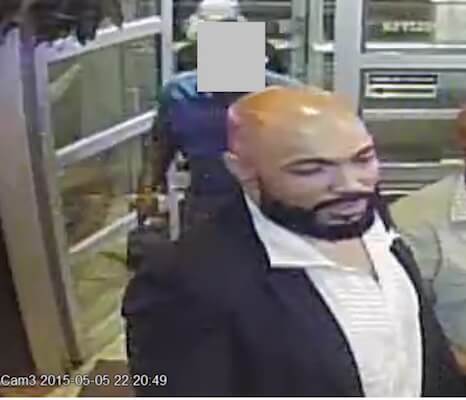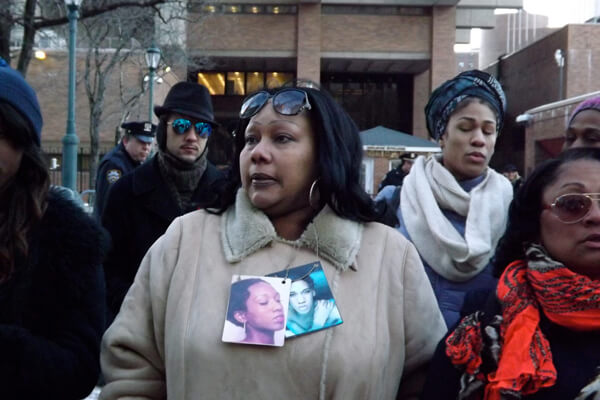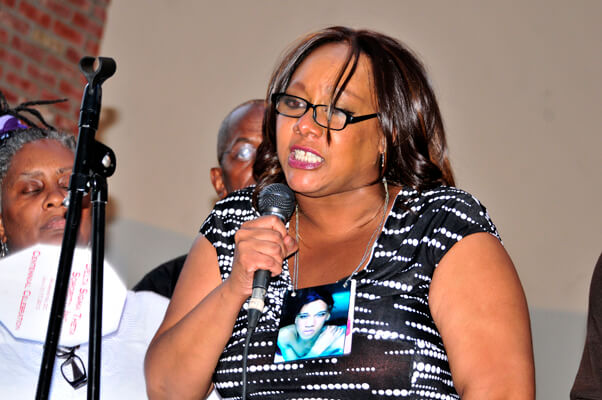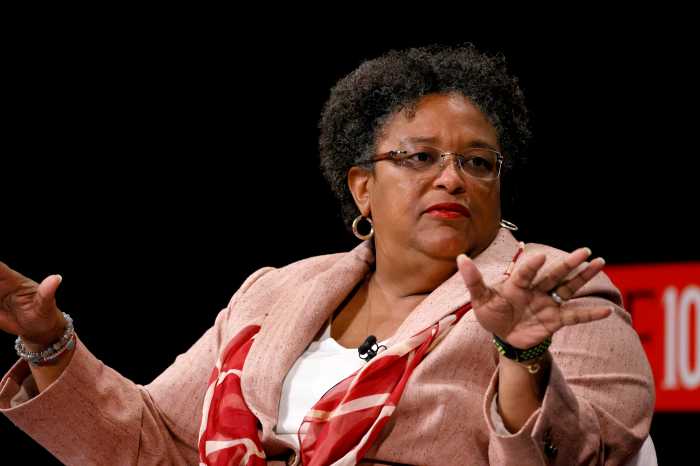Defense attorney David Touger. | GAY CITY NEWS
BY DUNCAN OSBORNE | In his closing statement in the murder trial of Renato Seabra, David Touger told a Manhattan jury that “Renato got caught in a situation he couldn’t handle and it drove him crazy.”
Seabra, now 23, was convicted on November 30 on one count of second-degree murder in the 2011 killing of Carlos Castro. The two Portuguese men began a relationship shortly before Castro’s death.
Following his closing, Touger was offended when asked if gay sex drove his client “crazy.” It was Castro’s “controlling” manner that made his client insane and he would have been just as insane if a woman had treated him that way, Touger said.
The two experts that Touger hired appeared to disagree. They argued that Seabra was insane when he strangled, beat, and castrated the 65-year-old Castro and could not be held legally responsible. And what drove him insane?
“He essentially made a decision that he would be able to sustain and tolerate this intimate relationship with Mr. Castro,” Dr. Roger Harris, a psychiatrist, told jurors. “He felt coerced. I’m not suggesting at all that he was coerced.”
Harris agreed when Maxine Rosenthal, the prosecutor in the case, asked during cross-examination, “Homosexuality played a significant role in this case, correct?”
Earlier in the two-month-long trial, Dr. Jeffrey Singer, a psychologist, told jurors that “[Seabra] performed anal sex on this man and I think he had grave misgivings about that.”
It certainly looked like the defense case was a variation on the homosexual panic defense that claims a defendant flew into a murderous rage when a gay man flirted with him.
Dr. Jack Drescher, a psychiatrist and past president of the Committee on Gay, Lesbian, and Bisexual Issues of the American Psychiatric Association, saw that defense at play.
“The arguments of the expert witnesses do contain elements of a ‘gay panic’ defense, in which an assault perpetrated against a gay man is deemed justified because the latter made an unwanted sexual advance which provoked extreme emotional distress in the accused,” Drescher wrote in an email.
Roughly three months before Seabra killed the Portuguese TV personality in a Midtown hotel room, the two met via Facebook. Castro showered the younger man with gifts that included clothes for him and his family, a new cell phone, teeth whitening, new head shots to use in his modeling career, advice from an attorney on a modeling contract, and all-expenses-paid trips to Madrid, London, and New York City.
Castro’s feelings about the relationship were rarely discussed during the trial, but it appears he felt they had a serious commitment. When Seabra flirted with some girls on the New York City trip, Castro was very upset and he rejected Seabra’s efforts to make up with him.
Seabra told defense experts that the relationship was a deal. He was having sex with the older man in exchange for gifts and help with his career.
“He reported that Carlos gave him ‘luxuries’ as a way of maintaining the relationship,” Harris said.
Singer told jurors, “Again, the strings attached were just too much for him to bear… I think he entered into this relationship without the resources to handle it.”
Renato Seabra in Manhattan the week he killed Carlos Castro. | MANHATTAN DISTRICT ATTORNEY
Seabra told Harris that prior to meeting Castro, he had never had sex with a man. He told Singer that he had sex with an older man at 13 and found it “pleasurable.” He also told Singer he had sex with two peers who were male cousins.
Seabra also reported disliking the sex with Castro. He told Harris, “I didn’t like it. I found it nauseating… Since Portugal, before coming to the US, I was feeling grossed out about it.”
The defense claimed that Seabra was acting out a psychotic delusion when he attacked Castro. He believed that God had instructed him to eradicate homosexuality and claimed that he possessed special powers that allowed him to cure homosexuality by touching people.
Jurors deliberated for roughly a day before reaching their verdict, which suggests they never seriously considered the insanity defense and its underlying rationale.
The prosecution argued that Seabra was using Castro for money and to advance his career. He flew into a rage and killed Castro when the older man announced they were returning to Portugal early and their relationship was over.
Drescher wrote that he could not comment on Seabra’s state of mind because he has not interviewed him, but he did comment on the defense.
“Apparently the expert witnesses who did examine the defendant have been persuaded that the lavish gifts and promises of career help were inadequate compensation for the sexual favors provided and which he claims were repulsive to him,” Drescher said. “This is because the defendant sounds like he is saying he is not ‘really’ gay and only put up with sexual advances for material reasons throughout the several months during which he willingly, and non-psychotically, accepted them.”

